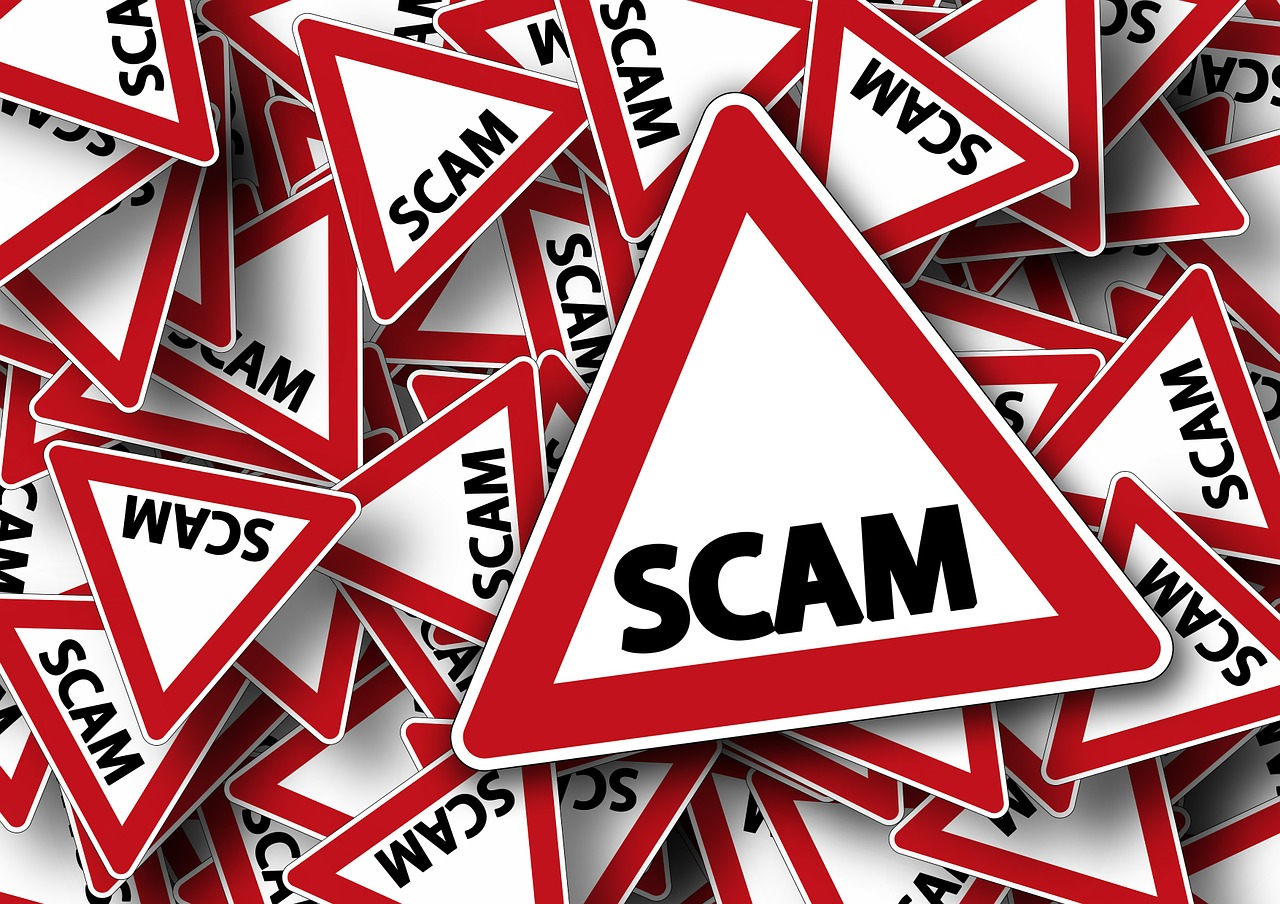Once news of the massive Equifax data breach hit, scammers were quick to follow, registering hundreds of web addresses designed to trick people into giving up their information.
As reported in this USA Today story, which quoted LibertyID’s President, Travis Mills, the addresses “included the kinds of easily-made misspellings that people too easily type in:
- equifaxsmcurity2017.com
- equifaxsocurity2017.com
- equifaxsrcurity2017.com”
Furthermore, it’s likely we’ll see email phishing attacks coming soon as well. You need to watch out for the following Red Flags:
- Phishing emails claiming to be from Equifax where you can check if your data was compromised.
- Phishing emails that claim there is a problem with a credit card, your credit record or the like.
- Links claiming to be from Equifax or a financial institution.
- Calls from scammers claiming to be from your bank or credit union.
More About the Breach
The breach put 143 million U.S. consumers at risk of identity theft. The “unauthorized access” took place between mid-May and July 29, when it was discovered. The compromised information includes consumer Social Security numbers, birth dates, addresses and even some driver’s license numbers. Additionally, credit card numbers for some 209,000 consumers and dispute documents for an additional 182,000 people were accessed.
Equifax has been encouraging people to visit equifaxsecurity2017.com to see if they were compromised. Unfortunately, it may not actually accurately tell you if you were affected. As many people are pointing out in the comments sections of news stories about the breach and on social media, using made up last names and Social Security numbers returns the same results as using their real information, which as this krebsonsecurity.com story points out, makes “it’s difficult to tell if the site is just broken or if there is something more sinister going on.”
Trusting anything from Equifax at this point in time is a terrible idea.
Considering how poorly the Equifax breach detection tool has worked since it was unveiled, many experts are saying it’s probably best to just assume your Social Security number and the rest of your private information is in the hands of identity thieves. Even the Federal Trade Commission concurs in its post about the breach.
“If you have a credit report, there’s a good chance that you’re one of the 143 million American consumers whose sensitive personal information was exposed in a data breach at Equifax.”
Data breach victims are 11 times more likely to have their identity stolen.
And did you know the average identity theft victim spends 200+ hours trying to repair the damage? Those covered by LibertyID spend as little as 1.5 hours with a certified restoration specialist to achieve complete recovery.Now is the time to get covered by LibertyID.
If you’re a LibertyID member and your identity is stolen, you’ll have someone to call who will do the work for you. Our certified restoration specialists could save you hundreds of hours of work by placing fraud alerts, making all the necessary phone calls, filing the disputes and contacting government agencies, creditors, insurance companies and more.
Have you been a victim of a data breach?
Get Covered
Image: Pixabay

